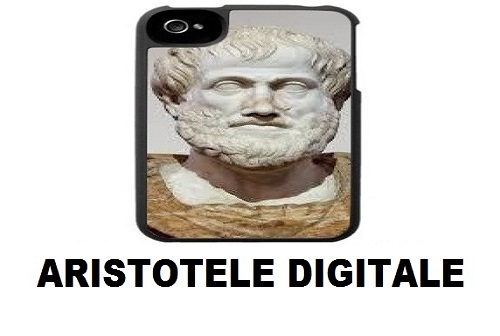When a change of state occurs between one system and another, what happens is a disintermediation between the constituent elements of the system.
The glue between the parts in play dissolves.
Since time, we have passed from the industrial to the digital mode of production and for some time disintermediation has become evident among the decision-making system, politics, control systems, representatives of the productive world, the world of services, the third sector, banking system and so listing.
There is a lack of cohesion and trust. The links that allow a social system to remain cohesive (so to avoid to lead conflicts to the point of system collapse) have already been cracked.
Inevitably the causes are all internal to the productive system, to the ways how the social redistribution of wealth is managed and to the ability to affirm collective values, to implement growth processes and consequently hope.
Among today’s causes we can quote the distortions of neoliberalism, a widespread tendency of politics towards the concentration of powers, and also globalization with all its pros and cons, the disintegration of communities, a nihilistic drift, the anger of an alleged avenging god, an unexpected pandemic triggered by a violated and recalcitrant nature. They are all more or less plausible subjects: anyway, we can affirm that disintermediation arises from two factors.
The first is the overbearing and widespread establishment of the digital mode of production, that is the ’emergence’ of a profound cognitive otherness rather than a productive one. The second is the collective, widespread inability to use the categories that digital requires to define and manipulate reality.
That is, we are not able to think digitally. When you use unsuitable tools, you always do a bad job and often cause disasters.
How can we answer the disintermediation when it occurs, that is, when systems collapse? T
he alternatives normally are
a) to recompose the intermediation. That is reformism.
Or b) you allow deconstruction follow its catastrophic course by dreaming, prefiguring and motivating a new society. That’s revolution.
Will restorative conservation win perhaps because it is capable of controlling conflicts? Or will the redemptive revolution win, perhaps because it is capable of warming hearts?








